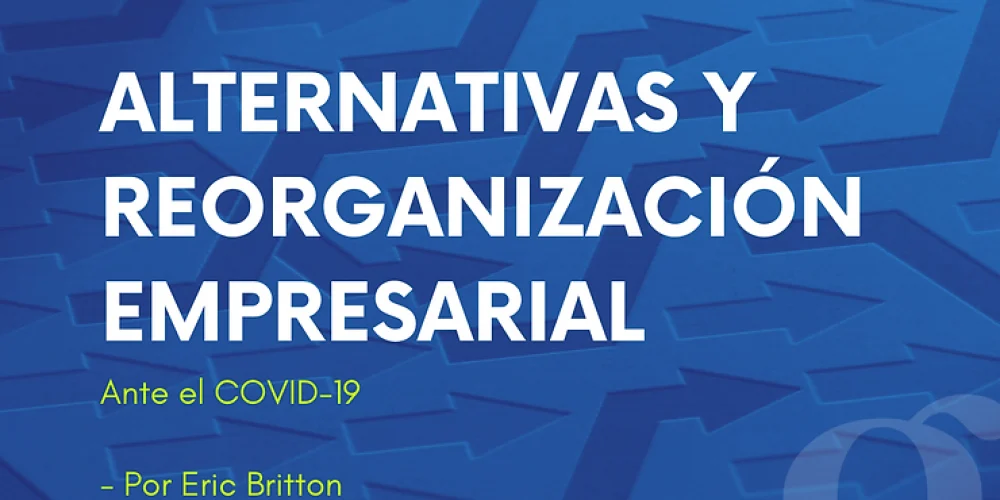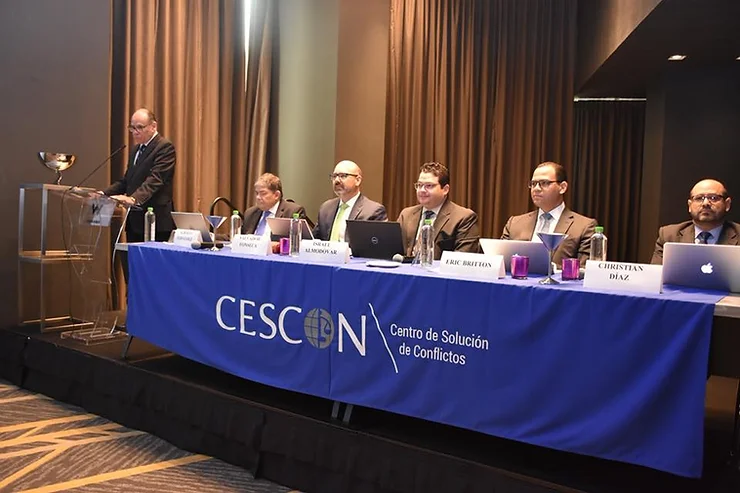The pandemic of Covid-19, which has spread to the world from the month of march 2020, it has generated a host of changes in the life as we knew it, mainly by the decisions of compulsory isolation that have been taken in much of the world with the aim of limiting their expansion. As a result of this about 80% of the economic sectors (except the goods and services considered essential, such as health and food) have had to suspend their operation. Naturally, this situation greatly affects small and medium-sized businesses, as have ceased to generate income that allow them to pay their obligations fixed as well as the form, the canon of the lease, the previous debt and other fixed costs.
Taking into account the foregoing, it is predictable that many companies —mainly micro, small and medium— they will find it impossible to comply with the adequacy of its obligations with its creditors, and in that sense it will be in a situation of insolvency.
For this type of situations, the panamanian law and in particular Law 12 of the 19 may 2016, establishes the insolvency proceedings, corporate reorganization and liquidation. The first of them, the reorganization, are intended to rescue the financial situation of the company and protect its creditors.
The reorganization process is the best alternative from the perspective of business and economic, since this is for the company debtor to restructure financially and organizationally in order to regain competitiveness, generate revenue and meet the obligations to its creditors.
Among the benefits of committing to a process of corporate reorganization we find that:
- Protects the capital needed for the company to continue with the ordinary course of its business.
- Prevents the processes of execution of obligations of the company.
- Suspends the collection of some interest, legal or conventional.
- Creates a payment agreement between the company debtor and their creditors with sufficient time to allow for his recovery.
It should be noted that this mechanism incorporated in the Act 12 of 2016, it is designed for particular situations in which some companies are in default or insolvency imminent as a result of business decisions, or the dynamics of the markets. However, the Covid-19 has created a widespread crisis atypical, and to which the regulation should be adapted.
In that sense, we take as an example the case of colombia (the country in which the figure of a corporate reorganization presents great similarity with the institution in Panama), as the colombian government in the framework of the emergency declared in the wake of the pandemic, by means of the Decree 560 20202, implemented a series of measures related to the insolvency of enterprise that is the result of the mandatory quarantine implemented in the country. Having as main objective the preservation of the companies as economic units of production, have created some special institutions and transitional to mitigate the economic impact of the pandemic, especially in micro, small and medium-sized enterprises.
The regulation colombian transient will have a validity of 2 years and, among other implements the following measures to the affected companies:
- Least requirements to access the procedure of reorganization.
- Procedure is more agile, it was decided in less than three months if we accept the payment agreement between the company debtor and its creditors.
- Promotes the dialogue between the business debtor and their creditors with less intervention of the bankruptcy judge.
- Empowers the company to be a debtor to pay obligations that do not exceed 5% of your total debt without the authorization of the bankruptcy judge.
- Authorize debtor to acquire new financing that will allow it to continue with the ordinary course of its business.
- Allows, under the agreement, the creditors capitalize on their holdings of the company's debtor, i.e. the creditors may go on to participate in the decisions of the company's debtor.
- In the event that the debt is greater than the value of the company, it is possible to exonerate the debtor of the excess of the debt.
- To ensure more of an obligation with the same well.
- Those who are already engaged in a process of reorganization and default on their payments of April, may and June 2020, will have a grace period to comply with these payments.
While in Panama, for the time being has not been issued a government decision similar to the one taken by Colombia, the analysis of the measures taken in the neighboring country allows you to set the importance of retaining the company as a production unit, with the understanding that the current situation is a special situation that has the ability to negatively affect the majority of economic sectors.
For this reason, Britton & Churches invites entrepreneurs find that the financial situation of your company is seriously affected that are in permanent contact with its creditors, in order to be able to take measures agile, establish payment arrangements are flexible, and if that is the case, invoke the procedure of reorganization, as the main goal that arises in this situation is to keep your company and keep your operation.
Also, we invite creditors to maintain a mood settlement with the debtors, understanding the global economic situation and facilitating the establishment of agreements for the payment without the need of going to the courts, by means of direct arrangements that allow both the debtor and the creditor suffer under adverse consequences.





